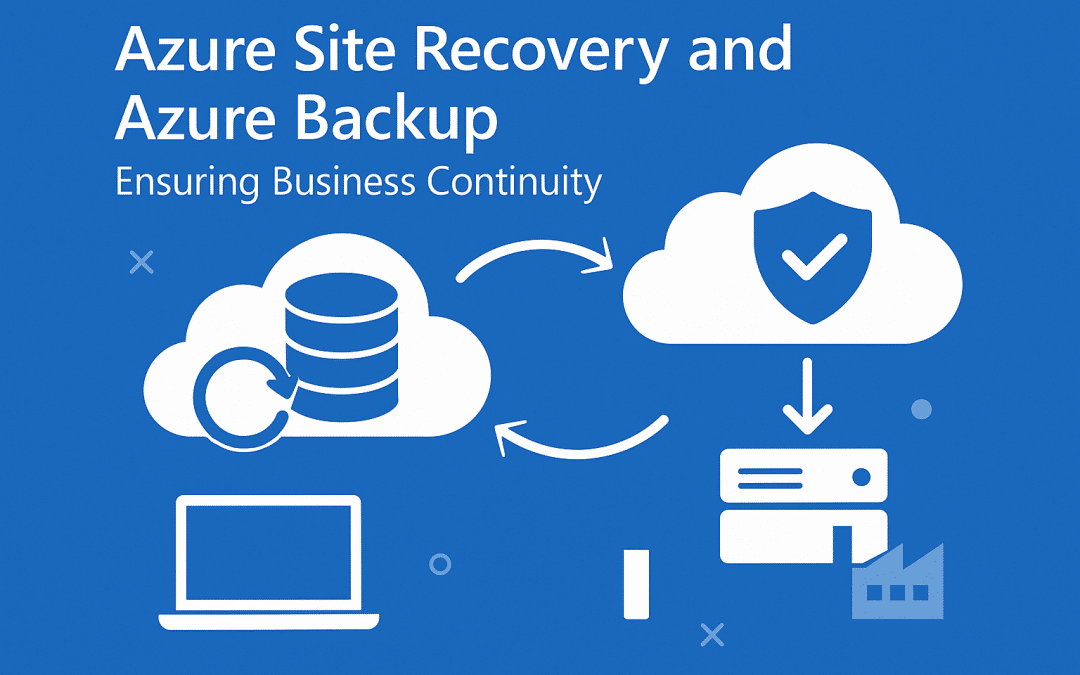Reseller vs. Shared Hosting: What’s The Difference?
Read this article to learn about, ‘Reseller vs. Shared Hosting: What’s The Difference?’.
Good web hosting is essential if you want to build a site for your company. You have certainly encountered many different kinds of hosting services, such as shared hosting and reseller hosting when looking at the many possibilities available.
Take a few minutes to familiarise yourself with the various hosting technologies available, so that you may select the one that best suits your demands.
What is Shared Hosting?
In shared hosting, a single web server is utilized to host several different domains. Each subscriber is provided with their very own section of the server on which to install and manage their very own copy of WordPress.
But, the shared nature of the server’s hardware means that all of the sites share the same limited resources. A web host may host anything from a handful of websites on a single server to hundreds.
The hosting business may offer such a service at a reasonable cost since it can serve several customers’ websites from a single server.
Shared hosting is possible to get quality services without breaking the bank, which is why it’s the go-to option for many small and medium-sized websites.
Advantages of Shared Hosting
Shared hosting is the most popular method for hosting websites, and for good reason. Considerable advantages come with the use of shared hosting services, including but not limited to:
a) Affordable: In terms of monthly costs, shared hosting is by far the cheapest option, and it provides excellent service for your website.
b) Quick setup: Most hosting providers instantly provision shared hosting accounts upon purchase, meaning that your online presence might go live within seconds after you pay.
c) Sturdy: Shared hosting uses reliable servers. Even when you’re using a server that other people also use, it’s still up to par with what you require.
Disadvantages of Shared Hosting
Not all websites or hosting needs can be met by a shared server. Consider the following drawbacks of choosing shared hosting for your website before making a decision:
a) Impacted by other websites: Your website’s performance may suffer if another website hosted on the same server is experiencing high traffic or other issues.
b) Limited growth: But, the server’s resources are finite, so if your site expands beyond a certain size or receives an excessive amount of traffic, you may need to switch to a more powerful host.
c) Potential for low-quality hosting: While it’s true that a reputable shared hosting service can save you a lot of money, there are plenty of shady providers out there that will try to trick you into paying for their inferior service. You should always do your homework before signing up with a shared hosting provider to make sure you’re dealing with a reliable business.
What is Reseller Hosting?
A reseller hosting account is a special kind of web hosting account that allows you to host both your website and the websites of others. You should do your research before signing up for reseller hosting because it can be hosted on a variety of different types of servers, including shared, VPS, cloud, and dedicated.
When you sign up for reseller hosting, you’ll have access to resources like a billing system and site administration applications to help you look after the customers you bring in.
Advantages of Reseller Hosting
There are several benefits to reseller hosting that you should be aware of if you’re considering it:
a) Budget-friendly option: if you can charge for access to your web hosting environment, you can use the money you make to pay for other website-related costs.
b) Source of income: This reseller hosting is a great way to generate extra revenue if your company offers web hosting as an add-on service.
c) Quality hosting: Reseller accounts are superior options for hosting quality, regardless of whether or not you want to resell the hosting.
Disadvantages of Reseller Hosting
It should come as no surprise that not all customers should use reseller hosting. Unless your goal is to make a living off of web hosting sales, this is not the way to go. There are a few drawbacks to reseller hosting that you should know about before joining up:
a) Complicated: You’re not just investing in any old web host; instead, you’re buying a web hosting company. To make your efforts worthwhile, you need to understand how to manage marketing, billing, and other services.
b) Cost: Reseller hosting can be found at a wide variety of pricing points; but, due to the additional features required for reselling the access to your hosting environment, it is always slightly more expensive than a standard hosting account.
c) Specific usage: Reseller hosting is an excellent choice only if you intend to sell hosting to other people. There’s no point in selecting this hosting option if you don’t intend to implement these steps.
Reseller vs. Shared Hosting: What’s The Difference?
How to select the best hosting for your business?
It’s simple to choose between shared hosting and reseller hosting. Reseller hosting is the most logical choice if you intend to market hosting services to others. Shared hosting is the better option if you don’t.
The difficult part, regardless of whether you’re considering shared or reseller hosting is settling on a provider to work with. If you want your hosting experience to be positive today and in the future, you should look for a reliable provider that can accommodate all of your requirements.
Important takeaways
i) One of the most used forms of hosting, shared hosting is adequate for the vast majority of individuals and small enterprises.
ii) The cutting-edge hosting technology available through a reseller plan is a huge benefit, as is the possibility of expanding your company’s revenue streams.
iii) The hosting provider you go with is just as crucial as the sort of hosting you go with.
iv) A single person should be the only person using a shared hosting plan. As it could hurt other customers, resellers are not permitted on shared hosting plans. All domains are managed from a single control panel.
v) If you’re interested in selling hosting to others, you’ll need a Reseller Hosting package. One administrative interface per customer account is included at no extra cost. Select a reseller package if you expect to need a large number of IP addresses or SSL certificates. A reseller hosting account also includes Web Host Manager (WHM), Plesk, and DNS management.
CONCLUSION
After reading this article, you might have a good idea about, ‘Reseller vs. Shared Hosting: What’s The Difference?’.
You can read this article to learn about, shared hosting vs. cloud hosting.
Visit our website, 99rdp.com to buy Cheap RDP.
You can also read this article to know about the features and functions of the RDP.




